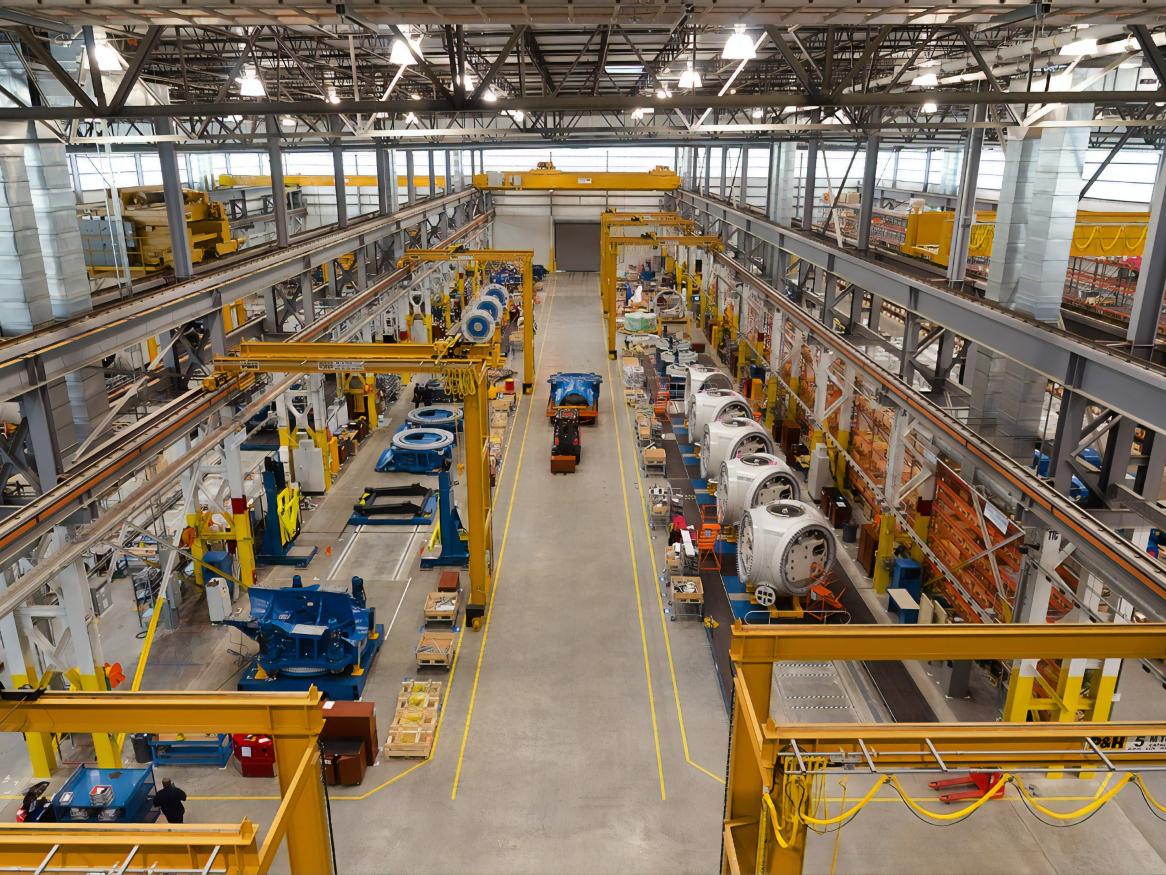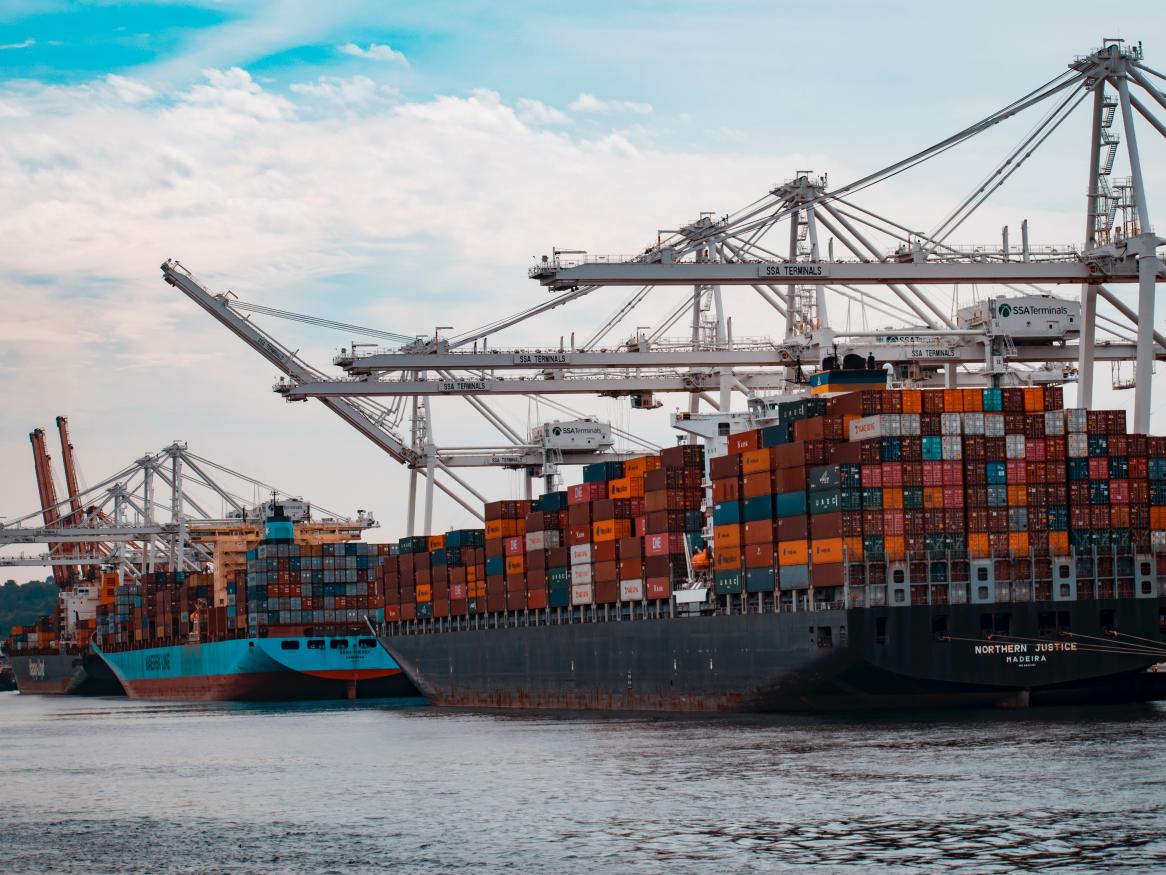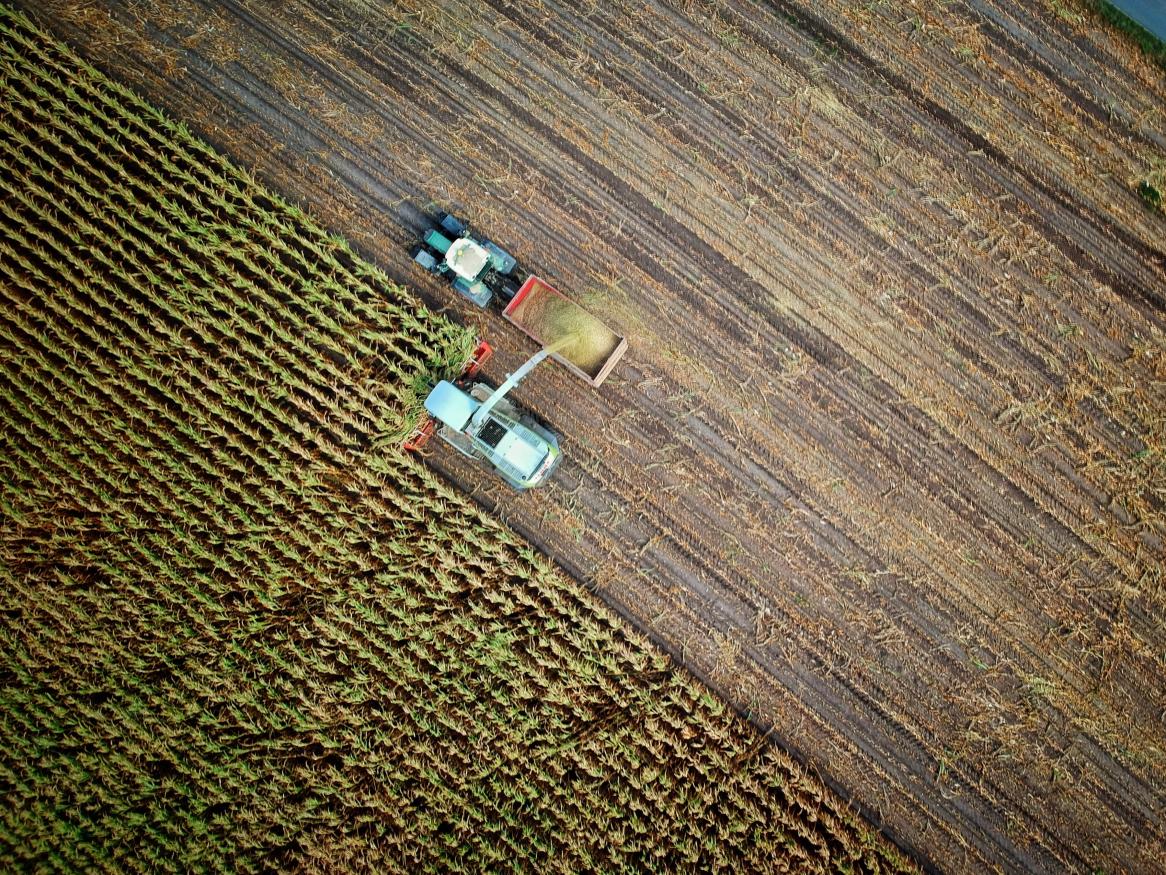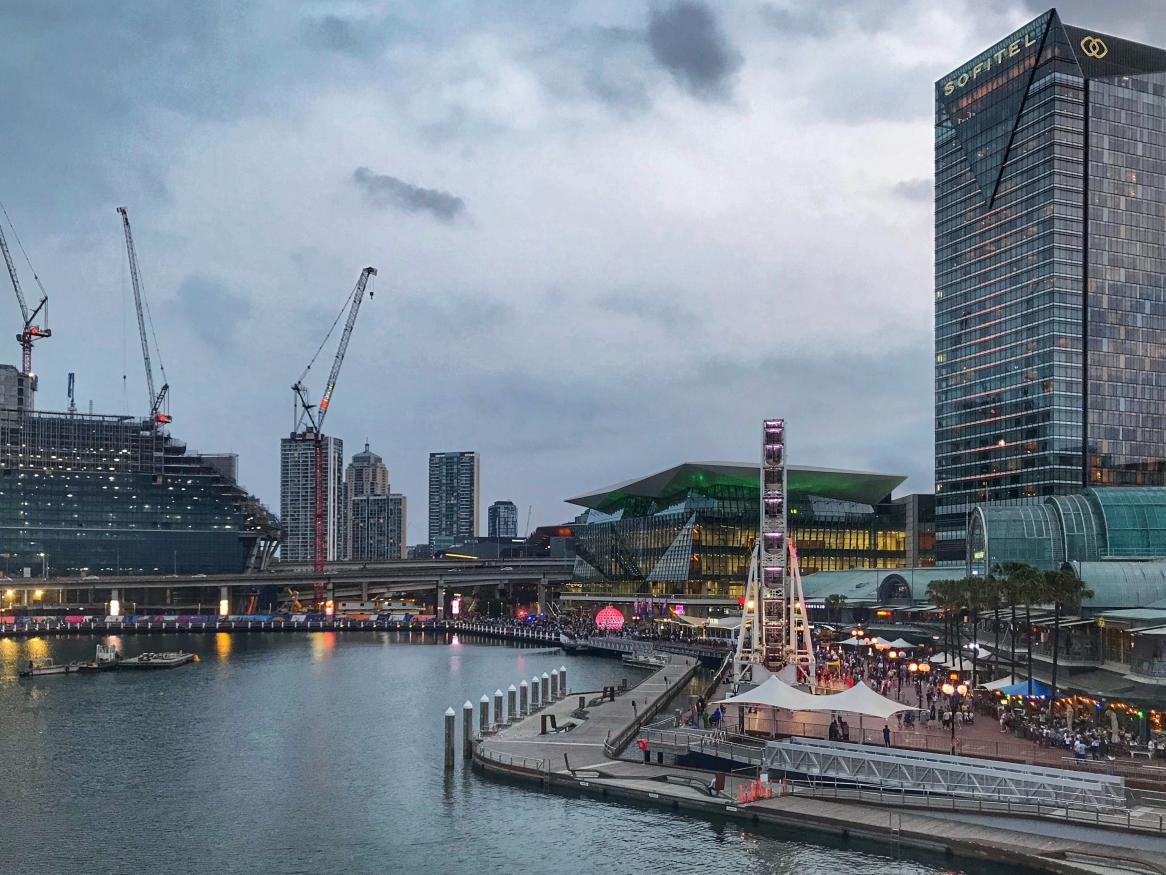Latest news
Search news stories
Enter a keyword to search news.
China-EU Bilateral Investment Treaty negotiations in a crucial time: A Chinese Perspective

Chenye Zhang, IIT Visiting Researcher and PhD Candidate at the University for International Business and Economics.
A Chinese perspective: In November 2013 BIT negotiations between China and the EU officially commenced. The goal was to reach a high-level agreement covering investment protection and market access. At the China-EU Summit in 2019, both parties reached consensus on achieving a high-level BIT by the end of 2020. Although the COVID-19 pandemic has caused difficulties, China and the EU have been actively pushing the negotiations forward.
THINK20 Policy Brief: Impact of Digital Technologies and the Fourth Industrial Revolution on Trade in Services

15 co-authors (8 from the TIISA Network, including coordinating lead Professor Drake-Brockman), offer recommendations to G20 Leaders to start shaping a trade policy agenda for a digital future. Digital technologies are putting trade in services on a stronger relative growth path than trade in goods. Digital enablement of services depends on inputs of cross-border data flows. For every nation to reap the benefits of the fourth industrial revolution, sustained openness to international services trade, investment, and data flows is essential.
TIISA Annual Conference - "Servicification" - CALL FOR PAPERS
 The Jean Monnet TIISA Network invites submissions for the 2020 Conference. In line with the Network’s interdisciplinary character, this includes papers in the fields of law, political science, business & economics. Working together, IIT and UIBE aim to provide a safe and accessible way for the Jean Monnet Network on Trade & Investment in Services to come together as a Research Network in Annual Conference format during 2020.
The Jean Monnet TIISA Network invites submissions for the 2020 Conference. In line with the Network’s interdisciplinary character, this includes papers in the fields of law, political science, business & economics. Working together, IIT and UIBE aim to provide a safe and accessible way for the Jean Monnet Network on Trade & Investment in Services to come together as a Research Network in Annual Conference format during 2020.
[Read more about TIISA Annual Conference - "Servicification" - CALL FOR PAPERS]
Industrial Subsidies, State-Owned Enterprises and WTO Reform: Prospects for Cooperation?

Dr Naoise McDonagh, Lecturer in Political Economy, Institute for International Trade, University of Adelaide and Professor Peter Draper, Executive Director, Institute for International Trade, The University of Adelaide.
The role of the state and market-distorting state intervention in the global economy have come increasingly to the fore in recent times, in large part as reaction to China’s rise to becoming the second largest world economy, and a direct competitor with developed economies across many sectors.
Resilient Teams for Trade

Lisa Hunt, Business Manager, Institute for International Trade, The University of Adelaide and Professor Peter Draper, Executive Director, Institute for International Trade, The University of Adelaide.
Over the past four months COVID-19 has exacerbated existing trade and geopolitical tensions, fuelled scepticism about the benefits of globalisation and seen already high-levels of economic uncertainty rise. As governments across the globe respond to protect their citizens lives and livelihoods, the resulting restrictions on the movement of people, capital, goods and services across borders has proven catastrophic for many businesses working in Global Value Chains (GVCs).
Australia-Singapore Digital Trade Agreement: Setting new benchmarks in Trade Governance

Jane Drake-Brockman, Industry Professor, Institute for International Trade, The University of Adelaide.
Australia has achieved its most comprehensive deal on digital trade. The government has put down clear markers for other bilateral and regional trade negotiations, including with the EU; and taken a global leadership role, along with Singapore, in signalling vital directions for the WTO negotiations on Electronic Commerce (e-commerce).
Prospects for Australian free trade with a post-brexit United Kingdom

Andrew Stoler, former WTO Deputy Director-General; former Office of the United States Trade Representative senior trade negotiator; and former Executive Director of Institute for International Trade.
Now that the United Kingdom (UK) is once again pursuing an international trade policy independently of its previous membership in the European Union (EU), the UK Government has made clear that it intends to pursue free trade agreements (FTAs) with “Anglosphere” countries (United States, Canada, Australia and New Zealand).
[Read more about Prospects for Australian free trade with a post-brexit United Kingdom]
What can Australia gain from agricultural subsidy reform?

Kym Anderson, George Gollin Professor Emeritus, School of Economics, University of Adelaide; CEPR Fellow; and Honorary Professor of Economics, Arndt-Corden Dept of Economics, Australian National University.
Even though research earlier this century suggested market access barriers were far more important than domestic subsidies in restricting global farm trade, new analysis suggests farm subsidies have become far more important in recent years.
[Read more about What can Australia gain from agricultural subsidy reform?]
From recovery to continued prosperity: What lessons from COVID-19?

Professor Peter Draper - Executive Director Institute for International Trade; Simon Lacey - Senior Lecturer Institute for International Trade, Mike Humphrey - Senior Trade Advisor Institute for International Trade; Dr Naoise McDonagh Lecturer Institute for International Trade.
This policy brief was originally drafted as a submission to an Australian parliamentary inquiry seeking input from Australian firms and individuals on policy solutions across a broad range of areas as Australia continues to ride out the storm wreaked by the global pandemic COVID-19. It begins by exhorting Australia’s political leaders to recognize both the extreme severity of the socio-economic challenges the country faces at this time, but also the unique opportunity these challenges present for visionary leadership and positive change, the effects of which will define Australia for future generations.
[Read more about From recovery to continued prosperity: What lessons from COVID-19?]
Research Grants Round 1 –Successful Applicants
Jean Monnet Network: Trade & Investment in Services Associates (TIISA)
Research Grants Round 1 – Announcement of Successful Applications
[Read more about Research Grants Round 1 –Successful Applicants]
This work is licensed under Commons Attribution-NonCommercial-NoDerivatives 4.0 International License.
IIT is a global leader in researching, analysing and commenting on International Trade.
Stay informed about our up-and-coming seminars, events, publications, awards, new projects and collaborations, and other exciting news.
